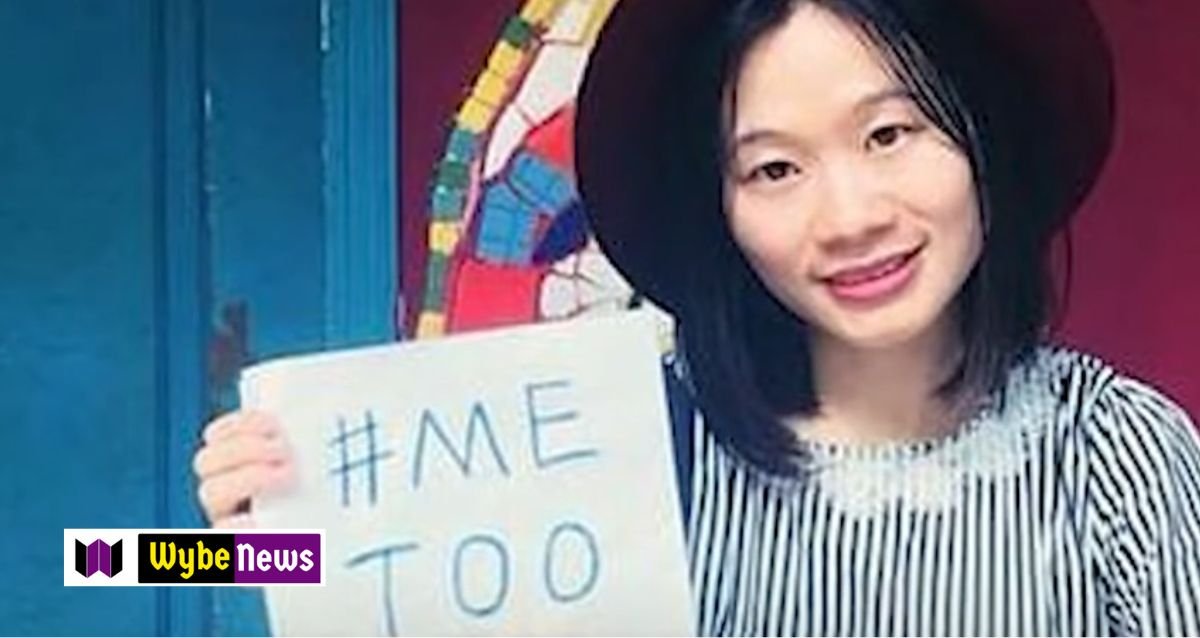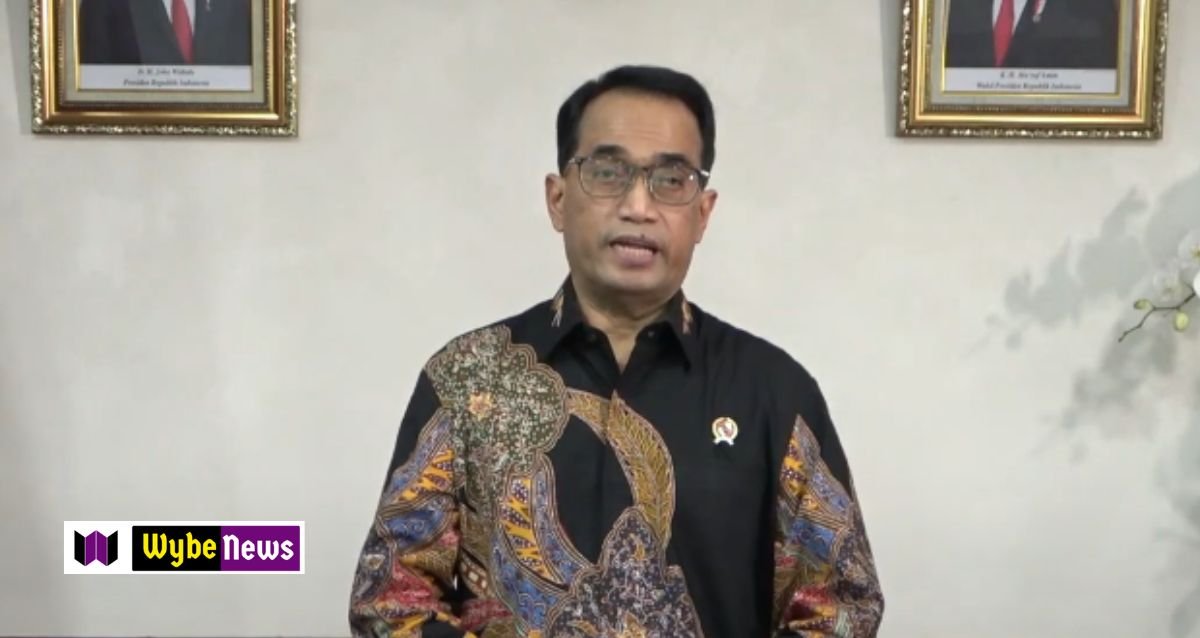Prominent Chinese #MeToo Activist Sentenced to Five Years in Prison for “Subversion Against the State”

In a significant blow to China’s burgeoning #MeToo movement, prominent activist Sophia Huang Xueqin has been sentenced to five years in prison on charges of “subversion against the state.” The verdict, handed down on Friday, came nearly ten months after her closed-door trial commenced. Labour activist Wang Jianbing, who faced trial alongside Ms. Huang, received a three-and-a-half-year sentence.
Background and Arrest
Sophia Huang, 36, has been a pivotal figure in China’s #MeToo movement, known for her investigative reporting on sexual abuse and her outspoken stance against sexism in Chinese newsrooms. Her activism and dedication to gender equality have made her a prominent voice in the fight for women’s rights in China.
Huang and Wang were arrested in 2021 while Huang was on her way to the UK to pursue a government-sponsored master’s scholarship at the University of Sussex. Both activists were detained at Guangzhou airport, leading to a prolonged period of solitary confinement and pre-trial detention that lasted nearly 1,000 days. Their trial only began in September 2023.
Charges and Trial
The specifics of the subversion charges against Huang and Wang remain unclear. Supporters claim that their detention was a result of their involvement in organizing meetings and forums for young people to discuss social issues. The trial was conducted behind closed doors, a common practice in cases deemed politically sensitive by Chinese authorities.
Response and Condemnation
The convictions have sparked outrage among human rights organizations and activists worldwide. The campaign group Free Huang Xueqin and Wang Jianbing condemned the trial, emphasizing that their contributions to labor and women’s rights should not be overshadowed by what they consider an unjust process.
Amnesty International also denounced the verdicts, calling them “malicious and totally groundless.” Sarah Brooks, Amnesty International’s China Director, stated, “[The convictions] show just how terrified the Chinese government is of the emerging wave of activists who dare to speak out to protect the rights of others.” She added that while #MeToo activism has empowered survivors globally, Chinese authorities appear determined to suppress such movements.
Public and Online Reaction
Public reaction to Huang’s sentencing has been mixed. While some online commentators have decried the harsh treatment of the activists, others, critical of the feminist movement, have supported the government’s actions. This polarization reflects the broader societal divide on gender rights and social activism in China.
Many gender rights advocates and social activists in China prefer to remain anonymous online to avoid state scrutiny and accusations of being influenced by “hostile western forces.” State media and nationalist internet users frequently target these advocates, labeling them as agents of foreign interests.
Future Implications
The sentencing of Sophia Huang Xueqin and Wang Jianbing underscores the increasing risks faced by activists in China. Despite the severe repercussions, groups like Free Huang Xueqin and Wang Jianbing remain hopeful, asserting that continued oppression will only fuel the resolve of more activists. As they put it, “Their efforts and dedication to labor, women’s rights, and the broader civil society won’t be negated by this unjust trial, nor will society forget their contributions.”
The international community and human rights organizations continue to monitor the situation closely, advocating for the rights of those who champion social causes in the face of adversity.






